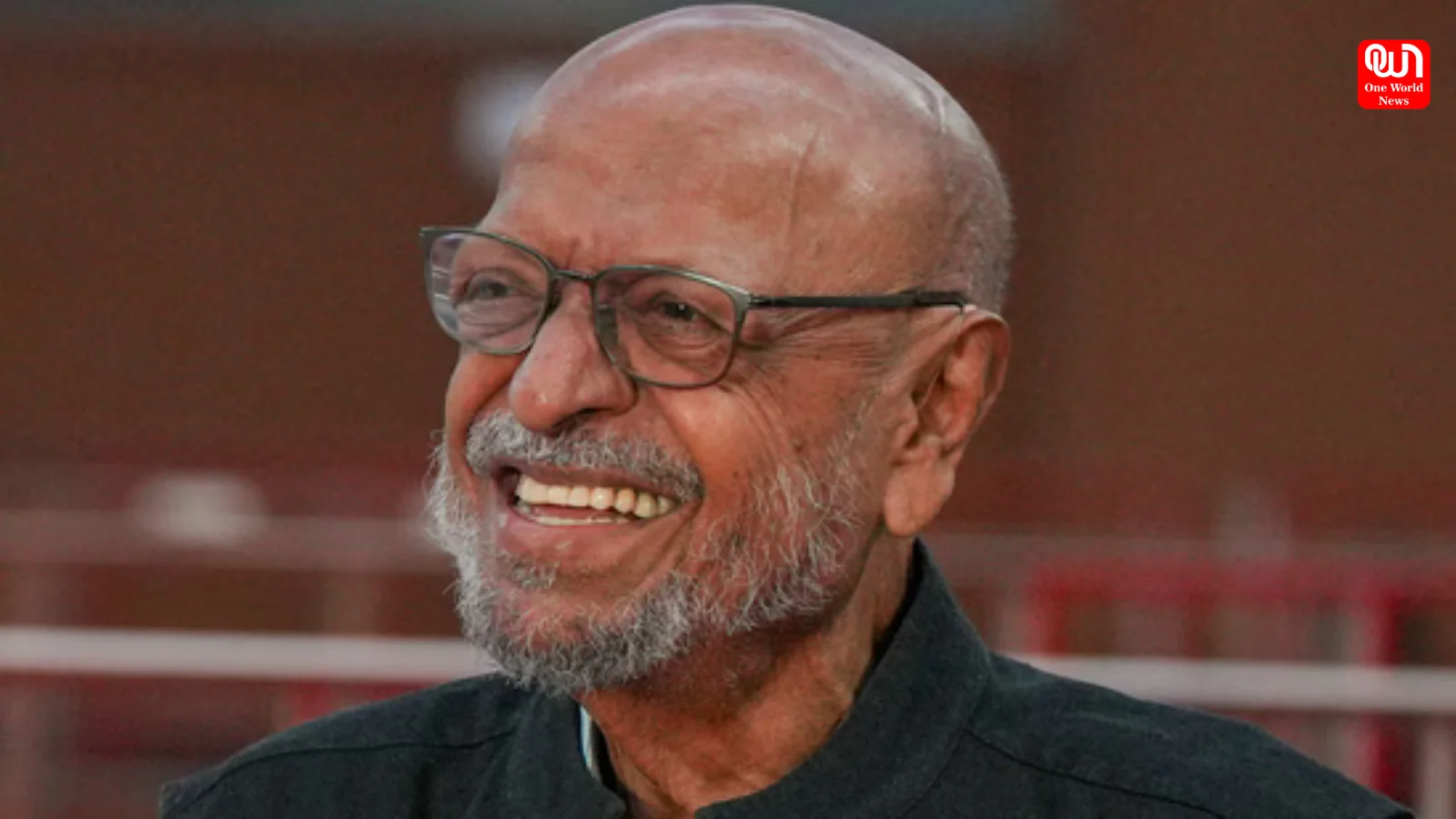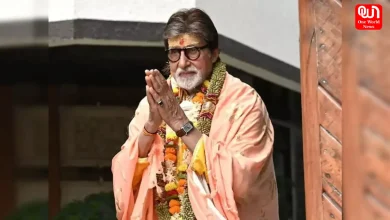Shyam Benegal: A Filmmaker Who Gave Voice to the Voiceless
Shyam Benegal redefined Indian cinema, championing marginalized voices, realism, and meaningful storytelling across generations
Shyam Benegal: Pioneer of parallel cinema, championed marginalized voices, redefined storytelling, and inspired generations
Shyam Benegal, one of India’s greatest filmmakers, passed away on Monday, leaving behind a legacy that redefined Indian cinema. Known as the pioneer of parallel cinema, Benegal’s work gave a voice to the marginalized, telling their stories with honesty, intelligence, and compassion.
Born in 1934 in Trimulgherry, Secunderabad, Benegal grew up in a politically charged environment. His family was full of diverse ideologies—communists, RSS supporters, and followers of Netaji Subhash Chandra Bose. Despite this, his true love was cinema. As a child, he befriended the projectionist at the local Garrison Cinema, sneaking peeks at films through the projectionist’s window. At just 10 years old, Benegal decided he would become a filmmaker.
His passion grew as he experimented with filmmaking, using a 16mm camera gifted by his father to create his first short film, Chuttiyon Mein Mauz Maza. Later, as a student at Nizam’s College, he was deeply influenced by the political turmoil surrounding Hyderabad’s integration into India. This backdrop of social and political upheaval shaped his belief that cinema was not just entertainment but a powerful medium for storytelling.

Benegal began his career in advertising, where he met his wife, Nira Mukherji, and worked alongside legends like Alyque Padamsee, Vijay Tendulkar, and Satyadev Dubey. His perspective on filmmaking changed when he saw Satyajit Ray’s Pather Panchali. Inspired, he realized he could make films in his unique way.
Read More: Sunny Leone’ Impersonator Dupes Govt Scheme, Receives Rs 1,000 with ‘Jonny Sins’ as Husband
In 1974, Benegal released his debut feature film, Ankur. The film, which avoided the glamour of commercial cinema, cast relatively unknown actors and explored the lives of ordinary people. It was a bold step that marked the birth of a new wave in Indian cinema. Over the years, Benegal introduced audiences to talents like Naseeruddin Shah, Smita Patil, Om Puri, and Shabana Azmi.
Benegal’s films were not just about storytelling—they were about creating a space for collaboration. On set, he fostered a sense of camaraderie, far removed from the star-centric world of Bollywood. His vision inspired a new generation of filmmakers, including Anurag Kashyap, Govind Nihalani, and Sudhir Mishra, to pursue serious, meaningful cinema.
Beyond films, Benegal made a significant impact on television. His 53-episode series Bharat Ek Khoj traced India’s history with depth and nuance, reflecting his vision for the nation’s future.
While he disliked the term parallel cinema, Benegal’s work stood apart for its realism and relevance. His early films, like Ankur, Nishant, and Manthan, dealt with rural struggles, while later works such as Kalyug and Mandi explored themes like capitalism and social dynamics. His movies often used women’s perspectives to highlight systemic oppression, with films like Bhumika, Mammo, and Zubeidaa focusing on issues of identity and gender.
Benegal collaborated closely with writers Shama Zaidi and Atul Tiwari and composer Vanraj Bhatia, whose music became integral to his films. His stories spanned the entire country, making him a filmmaker whose subject was not just a region but India as a whole.
Despite his monumental achievements, Benegal remained a humble man, working quietly from his small Mumbai office surrounded by books. He dedicated his life to using cinema to uncover truths and shine a light on the lives of those often overlooked.
Shyam Benegal’s work is a timeless gift to Indian cinema and a testament to his humanity. His films will continue to inspire generations to think, feel, and reflect on the stories that truly matter.
We’re now on WhatsApp. Click to join.
Like this post?
Register at One World News to never miss out on videos, celeb interviews, and best reads.








